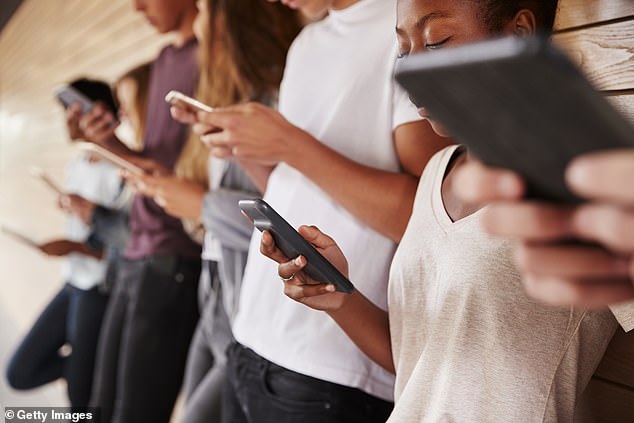The second-largest school district in the United States voted to ban cell phones and social media for its 429,000 K-12 students during school hours.
The Los Angeles Unified School District (LAUSD) board approved the stunning measure to ban the devices in school by a 5-2 vote on Tuesday.
This duplicates its last policy revision in 2011, when the school district decided to ban students from using cell phones during classes and limited social media use at school to “educational purposes.”
The drastic new policy change will be implemented beginning with the 2025 school year. LAUSD now faces the task of developing updated policies within 120 days.
Proposed measures include locked bags, mobile phone lockers or technological solutions to enforce the ban.
The second-largest school district in the United States voted to ban cell phones and social media for its 429,000 K-12 students during school hours.
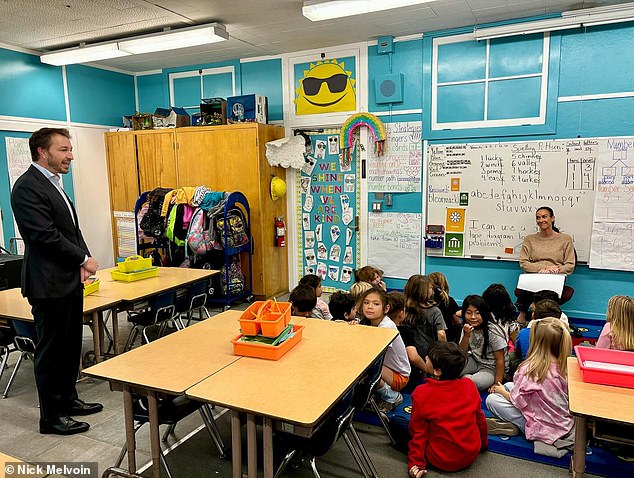
Nick Melvoin, a board member and sponsor of the ban, told CNN that students’ addiction to their phones has impacted their ability to socialize, affecting their mental health and academic success.
The policies would be “informed by best practices and by input from experts in the field, labor partners, staff, students and parents,” the school said.
The drastic policy overhaul also aims to accommodate students who use phones to translate and also aims to assess the impact of social media on young people.
Nick Melvoin, a board member and sponsor of the ban, said students’ addiction to their phones has impacted their ability to socialize, affecting their mental health and academic success.
“Our students are glued to their cell phones, just like adults,” Melvoin said.
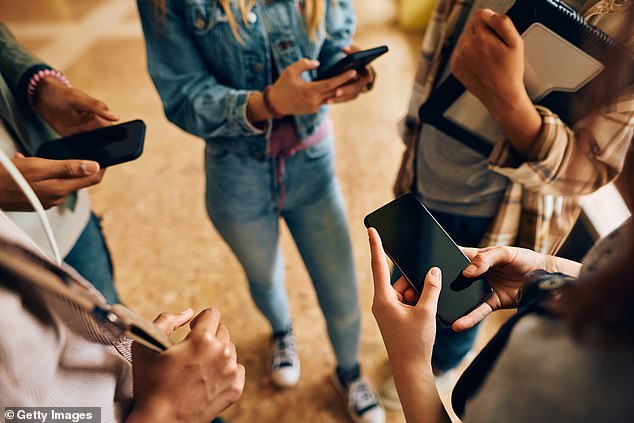
The Los Angeles Unified School District (LAUSD) board approved the measure to ban cell phone and social media use at school with a 5-2 vote on Tuesday.
‘They are surreptitiously browsing at school, during class time. They have their heads in their hands as they walk through the hallways. “They don’t talk to each other or play during lunch or recess because they have their AirPods on.”
The resolution, co-sponsored by Board President Jackie Goldberg, Board Member Kelly Gonez and Board Member Tanya Ortiz Franklin, calls for the development of a comprehensive policy to enforce the ban.
Goldberg said cell phone use has gotten “out of control.”
“It’s gotten to the point where students aren’t talking face-to-face, but texting when they’re sitting next to each other,” Goldberg said.
‘Research tells us what we already know: excessive cell phone use affects students’ mental health and academic performance. “It’s time to update our policy and make it a district-wide responsibility,” he added.
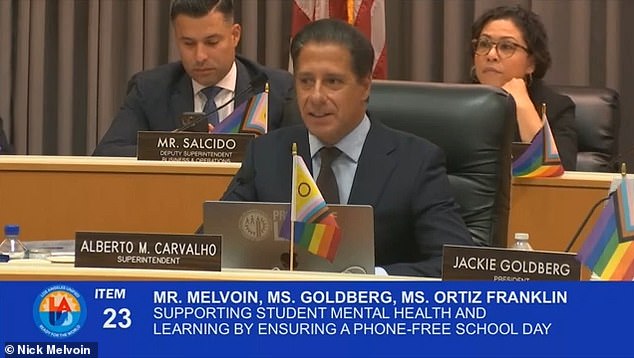
The resolution, co-sponsored by Board President Jackie Goldberg, Board Member Kelly Gonez and Board Member Tanya Ortiz Franklin, calls for the development of a comprehensive policy to enforce the ban. In the photo: Superintendent Albert Carvalho

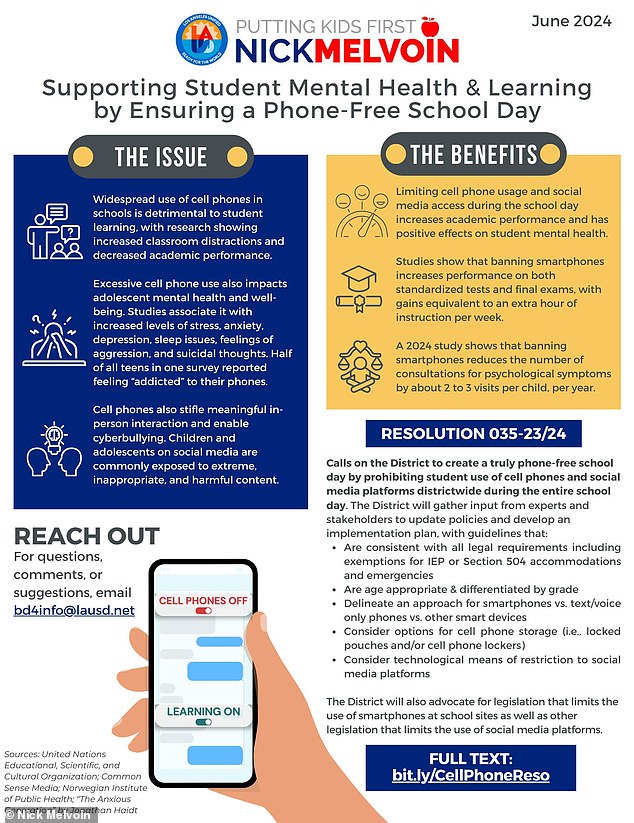
Nick Melvoin, a board member and sponsor of the ban, said students’ addiction to their phones has impacted their ability to socialize, affecting their mental health and academic success.
‘Gonez said the negative impacts of cell phone use on teenagers, particularly the addictive qualities of social media, are ‘increasingly clear.’
“It is important that we take proactive steps to address these challenges when students are in our care, and updating our cell phone policy will help ensure that we can focus on learning during the school day,” Gonez said.
Franklin said it breaks her heart when she visits campuses during lunchtime and sees “students sitting alone, isolated on their phones instead of interacting and learning with their peers.”
“A study on the harmful effects of cell phones and their excessive use is long overdue,” Rivas said.
“It is important for the Board of Education to balance many interests, including fostering distraction-free learning environments, minimizing uneven implementation of school policies, and preserving some flexibility and resources for our schools to address their local interests and issues.” .
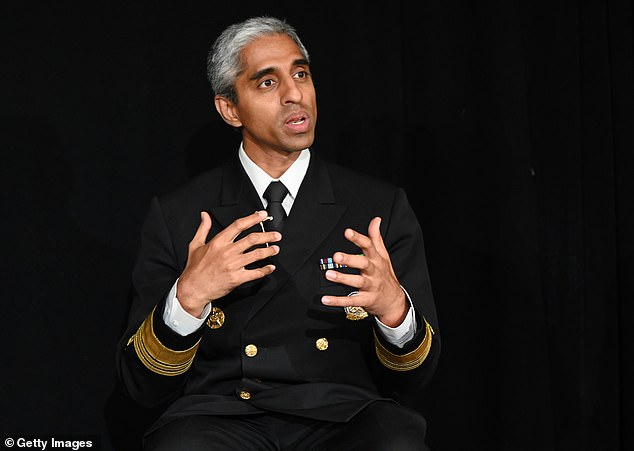
This comes just one day after US Surgeon General Dr. Vivek H. Murthy called for social media platforms to impose an immediate warning label, similar to the warnings on cigarette packages ordered by the Congress in the 60s.
Nearly three-quarters, or 72 percent, of high school teachers have said that cell phone distraction “is a major problem in the classroom,” according to Pew Research Center Report last week.
This comes just one day after US Surgeon General Dr. Vivek H. Murthy called for social media platforms to impose an immediate warning label, similar to the warnings on cigarette packages required by Congress in the 60s.
“The mental health crisis among young people is an emergency, and social media has emerged as a major factor,” Murthy wrote in a New York Times Monday’s opinion piece.


